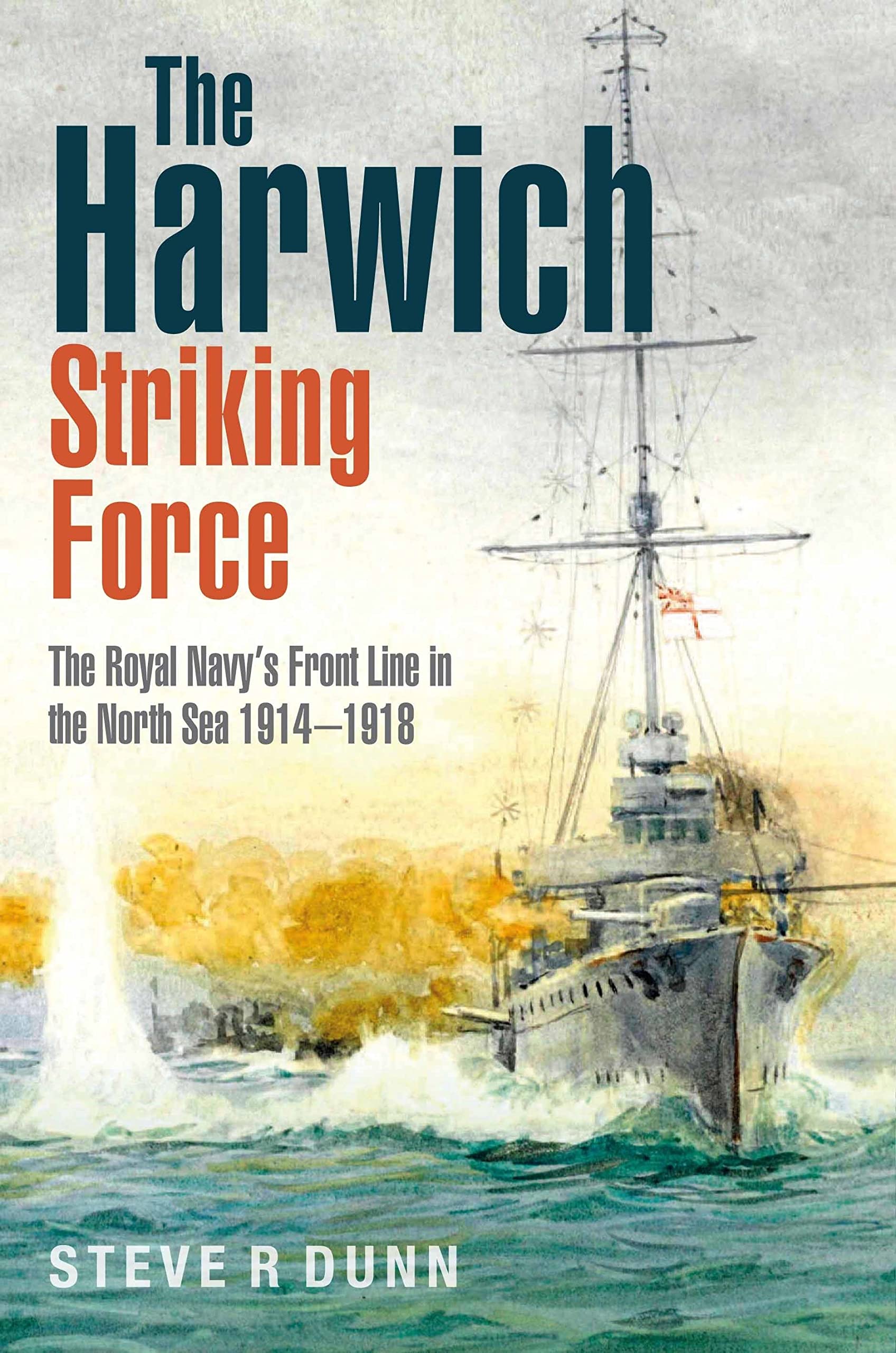

Full description not available
M**M
A very interesting book of WWI Naval warfare.
A book that covers the Royal Navy and its use of this harbour in the battles against the German fleet in WWI, during the Naval battles and skirmishes fought in the North Sea. It is another useful reference book that provides a better overall view of the smaller warships that fought in waters that themselves posed problems of shallow waters and ever growing minefields laid by both sides.
A**R
Fascinating read
This is a fascinating read – a powerful reminder of the sacrifices made by so many sailors and the key role played by the Harwich Force in the defeat of Germany.The depth of research is immense and the picture sourcing a credit to the author. The range and volume of images adds to the detailed narrative. This is a book that will appeal not just to those with an interest in naval history, but to anyone who wants a better understanding of the First World War.
G**Y
Boring
I had high hopes for this book about a forgotten strike force called the Harwich Strike Force in the North Sea in World War 1, and was disappointed. There is very little about the battles it was involved in, with too many nautical terms used with no glossary either. Overall the book was too dry and boring.
R**H
The Forgotten Fleet
Much ink has been spilled over the British High Seas fleet in the Great War. And why not? The big, powerful ships that defeated the Germans catch the imagination and are worthy of our attention. But Steve Dunn highlights an indomitable force of cruisers, destroyers, and submarines, known as the Harwich Striking Force, that protected the British coast and took the war to the enemy whenever possible, doing the hard yards often without much attention paid to them let alone fanfare. Dunn begins with the development of the British strategy of controlling the North Sea through blockading Germany with a force based at Harwich. When war came, Commodore Reginald Tyrwhitt assumed command of the force with reconnaissance as its original objective, but that soon changed. Dunn provides brief biographies of the commanders of the fleet and reviews its vessels. Then we are into the action. The Harwich fleet fired the first shot of the war and suffered the first sinking by a contact mine. The fleet took part in the Battle of Heligoland Blight then continued on its regular duties of supporting the BEF, protecting minelayers and transports, and fending off coastal raids. The Harwich fleet was also instrumental in the early development of air attacks from the sea. The fleet played a significant role in the Battle of Dogger Bank in 1915 before resuming its many roles. Dunn follows the fleet through these various operations, pausing to describe the action, then continues with his narrative. That does not mean to say that this book is repetitive, far from it. The myriad incidents Dunn describes each have their distinctive flavour, and his narrative style keeps things flowing along. Thus, we have stories of zeppelin raids, non-combat tragedies, tales of individual heroism, and a lot more combat action than this reviewer expected; although, as Dunn points out, the absence of the Harwich fleet at the Battle of Jutland was peculiar to say the least. The Harwich fleet fought on, however, throughout the remainder of the war as a frontline force and paid the price in men and material. At war’s end, the Harwich fleet escorted captured German U-Boats into Harwich, then it was all over, and the fleet was wound down. Tyrwhitt received major honours for his command of an extraordinary force. The Harwich Striking Force is an excellent narrative history of an almost forgotten fleet. Dunn writes well and tells an informative and engaging story that bolsters our understanding of naval operations during the Great War. His judicious use of Tyrwhitt’s letters and other primary sources provides a necessary human touch and adds colour to what could have been a dry retelling of combat between ships, submarines, warplanes, and zeppelins. There are also many photographs and illustrations throughout the book of the ships and people involved in this sometimes brutal war for control of Britain’s vital sea lanes. Anyone interested in the Great War and naval operations in general will enjoy reading Dunn’s book.
Trustpilot
1 month ago
2 weeks ago